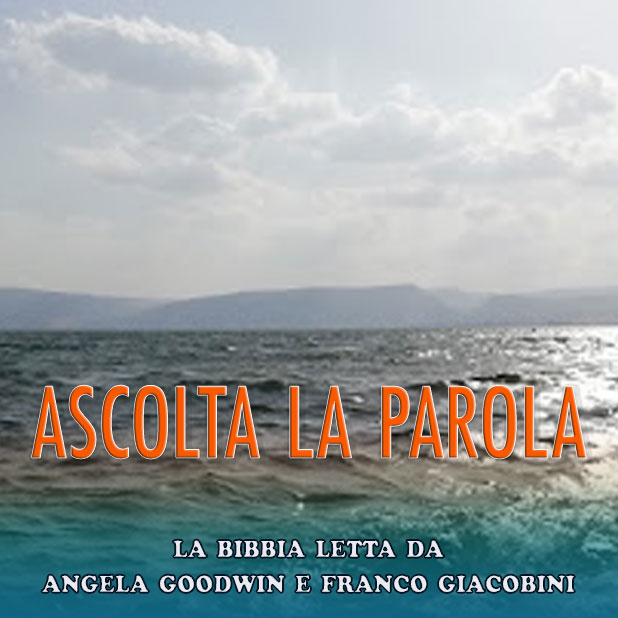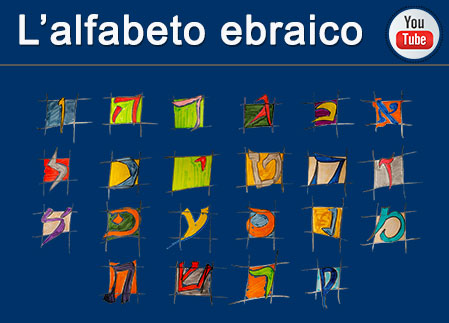Anglican Jewish Commission of the Archbishop of Canterbury and Chief Rabbinate of Israel
Regno Unito 23/07/2008
The second meeting of the Anglican Jewish Commission of the Archbishop of Canterbury and the Chief Rabbinate of Israel (1) took place at the International Study Centre (Cathedral Lodge) in the grounds of Canterbury cathedral on 22nd and 23rd July 2008/19 Tammuz 5768. The Commission's mandate is taken from the provisions of the joint declaration of the Archbishop and the Chief Rabbis at Lambeth Palace on 6th September 2006 and confirmed (2) at their second meeting in Jerusalem on 31st October 2007.The leaders of the Commission delegations, Chief Rabbi Shear Yashuv Cohen of Haifa and the Rt Revd Michael Jackson, Bishop of Clogher, warmly welcomed the confirmation and renewal of friendship which this second meeting of the Commission represents both for Jewish Christian relationships and for their contribution to wider dialogue of religions in the world. It was significant in that context that members of each delegation had attended the Conference on inter religious dialogue in Madrid convened by the Muslim World League.
The Commission's meeting in Canterbury took place in the context of the 2008 Lambeth Conference of the Anglican Communion and the Commission noted with real pleasure that the Chief Rabbi of the United Hebrew Congregations of the Commonwealth, Sir Jonathan Sacks, would address the Conference, the first Chief Rabbi to do so. Bishops from the Conference joined the Commission members for a lunchtime reception during which gifts were presented to the members of the Jewish delegation. During their stay in Canterbury the Jewish delegation were accommodated within the former Jewish quarter from which the Jewish community was expelled in the 13th century just at the time that the major construction of Canterbury cathedral was being completed. Commission members visited the former synagogue in King Street constructed after the readmission of the Jewish community in the 17th century and prayers were said there perhaps for the first time since it ceased to be used for regular worship some 70 years ago.
At the opening session Bishop Michael Jackson brought greetings from the Archbishop of Canterbury who is currently presiding over the Lambeth Conference. In his greeting he emphasised the importance of hospitality and friendship as the basis for the Commission's work. In response Chief Rabbi Cohen referred to the hospitality of Abraham who even set aside his prayers to offer hospitality to his angelic guests as a model for both Christians and Jews; he also spoke of the symbolic nature of Abraham's tent, with its open sides as a sign of the open hospitality of God to all.
The theme of the Commission's deliberations was the holiness of person, place and time and papers were presented by Dr Jane Clements on behalf of the Anglican delegation and by Rabbi Professor Daniel Sperber on behalf of the Jewish delegation.
Both papers emphasised that holiness is of God who is transcendent and immanent, omniscient and omnipotent and that from God everything derives - "you shall be holy for I the Lord your God am holy¨.(3) The holiness of person, time and place derives from this fundamental holiness of God. In both Christian and Jewish approaches the holiness of human beings is prior and gives rise to the holiness of place and time. The holiness of persons is inextricably bound up with the perspective of Genesis which sees people as made in the image of God and is the bedrock of the Jewish and Christian understanding of the sanctity of human life. Nevertheless, since everything is from the divine will, all of creation has elements of holiness, whether innate or acquired and it is the task and privilege of humanity to be the steward of creation. In his paper, Professor Sperber noted that the holiness of place and time ¡V varying in degree ¡V leads to an integrated understanding of the creation and to a heightened awareness of humanity's responsibilities. He spoke of a Jewish understanding in which not only people, but all of creation is imbued with the divine spark and that humanity's task and privilege is to steward creation by nurturing the divine spark which is in all things.
Dr Clements spoke of the central Anglican understanding of creation and redemption. Creation encourages an understanding of the purpose, design and order present in the works of God: the earth reflects God's glory. Redemption is an initiative of God to which God has enabled us to respond by resisting evil and choosing to do good, which is the way of holiness. She emphasised the significance of worship as the purpose of humanity. The holiness of time is reflected in the rhythms and patterns of worship and in eschatological hope. The holiness of persons is bound up with the holiness of the church, the people of God. The holiness of place is to be seen in the light of the accessibility of Christ which transcends holy places although in practice some become hallowed by the offering of prayer and worship.
In an extended and open discussion which demonstrated the depth of the bonds of affection and trust, the Commission members considered Anglican approaches to the people of Israel, to covenant and to salvation . The dispersed nature of Anglican authority meant that there is a range of teaching and that in practice there are different perspectives. It was noted that the Church of England's document: ¡¥Sharing One Hope?', considered different perspectives, but made clear that replacement theology was firmly rejected (4)
The Commission members thanked Canon Guy Wilkinson for his work in facilitating the the dialogue agreement and the early stages of the Commission and welcomed Canon Anthony Ball in taking forward the next stags of this work
The Commission members looked forward to the next meeting of the Archbishop and the Chief Rabbis of Israel at Lambeth in September and to the next meeting meetings of the Commission in 2009.
The Commission will meet next in Jerusalem in 2009
Chief Rabbi Shear Yashuv Cohen The Rt Revd Michael Jackson
________________________________________
(1)) Delegation of the Chief Rabbinate of Israel
Rabbi Shear Yashuv Cohen, Chief Rabbi of Haifa
Rabbi David Brodman, Chief Rabbi of Savyon
Rabbi Professor Daniel Sperber, Bar Ilan University
Rabbi David Rosen, President IJCIC
Mr Oded Wiener, Director General of the Chief Rabbinate of Israel
Delegation of the Archbishop of Canterbury
The Rt Revd Michael Jackson, Bishop of Clogher
Mrs Clare Amos, Director of Theological Studies, Anglican Communion
Dr Jane Clements, Director of Programmes, Council of Christians and Jews
The Ven Michael Ipgrave, Archdeacon of Southwark
Canon Guy Wilkinson, Archbishop of Canterbury's Secretary for Inter Religious Affairs
(2) "We recall our meeting in Lambeth in September last year and the historic nature of the declaration which we signed together. We reaffirm all that we said in that declaration and have today taken forward our relationship and our work towards greater understanding and mutual respect between our communities¡¨
(3) Leviticus 19.2
(4) For views from the wider Anglican Communion, see "Jews, Christians and Muslims: The Way of Dialogue" resolution of the 1988 Lambeth Conference (http://www.lambethconference.org/resolutions/1988/1988-21.cfm) and for the text (http://www.anglicancommunion.org/the-holy-land/info/lambeth1.cfm)
57465 visualizzazioni.
Inserito 01/01/1970
Relazioni Ebraico-Cristiane
Ultime novità nel sito
- 19/04/2020: Articolo - L’enigma della Maddalena
- 23/02/2020: Articolo - Il locus amoenus nelle catacombe ebraiche e cristiane di Roma
- 16/02/2020: Articolo - Il profetismo nel Vicino Oriente antico
- 13/02/2020: Articolo - I Profeti della Cappella Sistina
- 09/02/2020: Articolo - Gerusalemme e la Terra Santa di Israele


